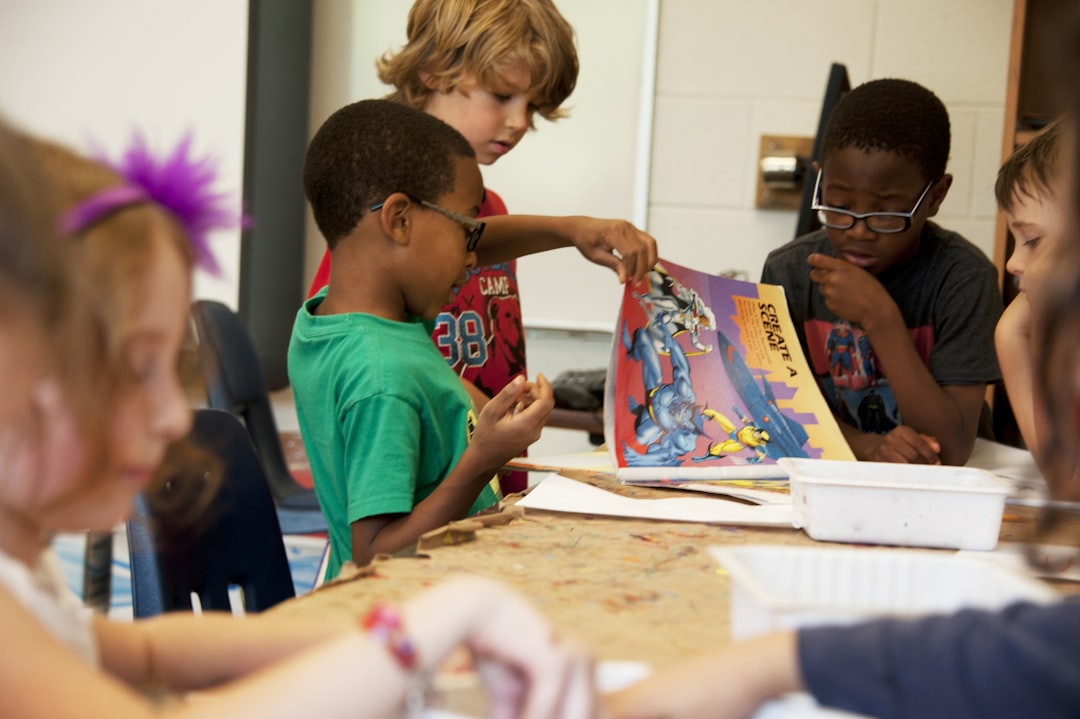In today’s rapidly changing world, the importance of comprehensive education cannot be overstated—especially when it comes to subjects that impact lifelong health and decisions such as alcohol awareness. Traditional curriculums often skirt around the topic, leaving a gap in children’s education that could be crucial for their personal development and safety. This article explores how modern educational frameworks can incorporate alcohol education effectively, ensuring that children are equipped with the knowledge they need to make informed decisions.
Understanding the Need for Alcohol Education in Schools
Alcohol remains one of the most commonly abused substances worldwide, and its effects on young minds and bodies can be particularly severe. Early education can serve as a preventive tool, giving children the insights they need to understand the consequences of alcohol use. By integrating alcohol education into school curriculums, educators can provide students with a balanced perspective on what alcohol is, the societal views on its consumption, and the personal and legal ramifications of its abuse.
Age-Appropriate Curriculum Design
When introducing alcohol education, it is crucial to tailor the information to the age of the students. For younger children, the focus should be on understanding basic concepts—what alcohol is, and why it is restricted to adults. As students grow older, the curriculum can evolve to discuss the science of alcohol effects on the body, the social ethics of alcohol consumption, and strategies for resisting peer pressure related to underage drinking.
Interactive Learning Approaches
Interactive learning strategies such as role-playing, debates, and group discussions can engage students more effectively than traditional lecture-based teaching methods. These approaches encourage critical thinking and allow students to explore various scenarios involving alcohol use and its consequences. Additionally, incorporating multimedia tools and online resources can enhance understanding and retention of the educational material.
Collaboration with Parents and Community
Education on sensitive topics like alcohol is most effective when there is a collaborative effort between the school, parents, and the broader community. Schools can host informational sessions for parents so they can continue the conversation at home. Community leaders and local health professionals can also be invited to speak to students, sharing real-world experiences and reinforcing the learning from an authoritative perspective.
Evaluation and Adaptation
To ensure the effectiveness of alcohol education, schools should regularly evaluate their teaching methods and curriculum impact. Feedback from students, parents, and educators can provide valuable insights into areas that need improvement. Additionally, staying updated with the latest research and adapting the curriculum to include new information and strategies will help maintain its relevance and efficacy.
Crafting a curriculum that addresses alcohol education comprehensively requires effort, creativity, and commitment. However, the benefits of well-informed students who are equipped to make safer decisions about alcohol are immeasurable. Schools have the opportunity to lead this charge, shaping not just academic but also personal success stories.






